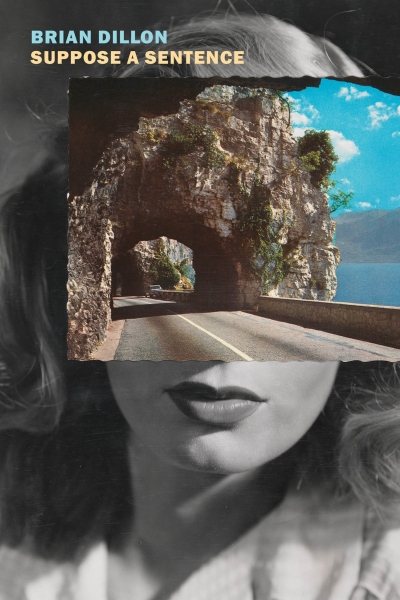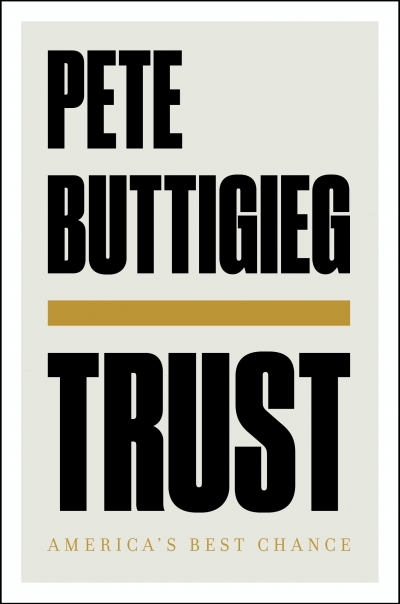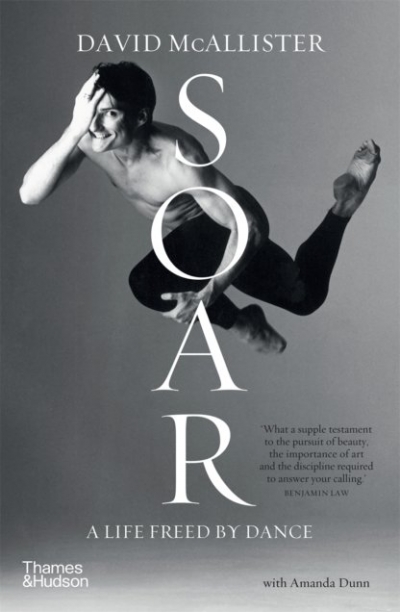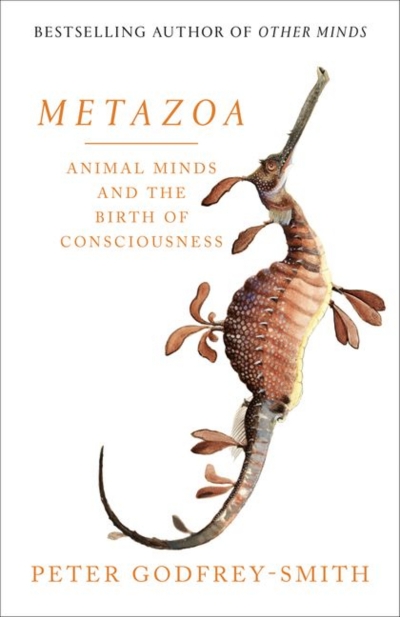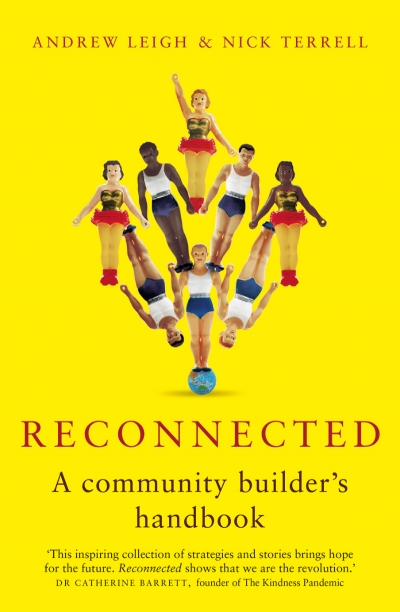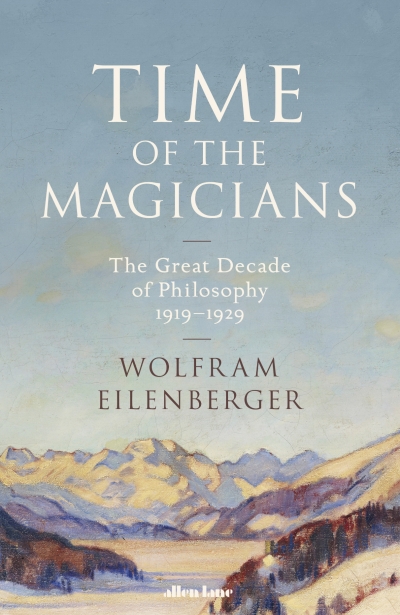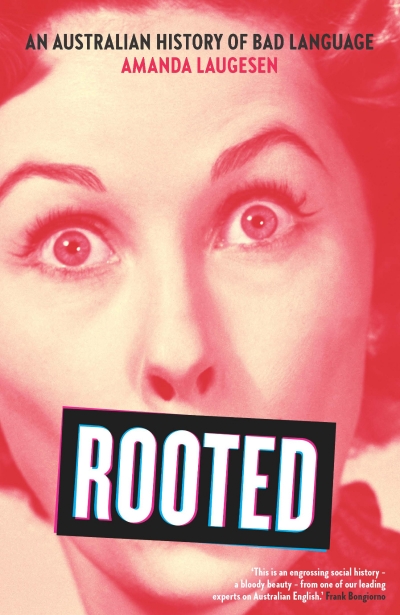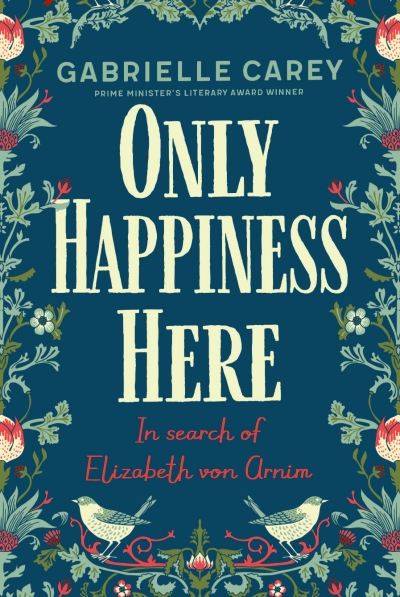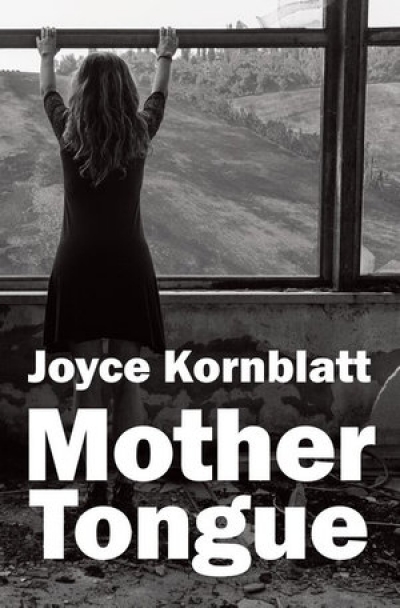VIC contributor
Soar: A life freed by dance by David McAllister with Amanda Dunn
by Carol Middleton •
Metazoa: Animal minds and the birth of consciousness by Peter Godfrey-Smith
by Diane Stubbings •
Reconnected: A community builder’s handbook by Andrew Leigh and Nick Terrell
by Peter Mares •
Time of the Magicians: The invention of modern thought, 1919–1929 by Wolfram Eilenberger, translated by Shaun Whiteside
by Janna Thompson •
Rooted: An Australian history of bad language by Amanda Laugesen
by Kate Burridge •
Hear the way these poets use moonlight. According to a delicious detail in Jill Jones’s thirteenth full-length collection, Wild Curious Air (Recent Work Press, $19.95, 76 pp), ‘The moon’s light takes just over a second to reach our faces.’ In the context of meaning, note the length of the sound in the word ‘faces’. Jones affectingly contrasts this second with the light that left a star, centuries ago: ‘Always a past touches us, as this hot January forgets us.’
... (read more)Only Happiness Here: In search of Elizabeth von Arnim by Gabrielle Carey
by Juliane Roemhild •

